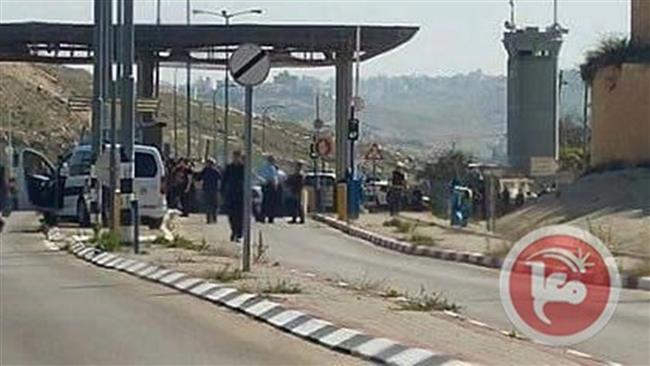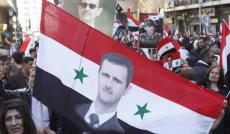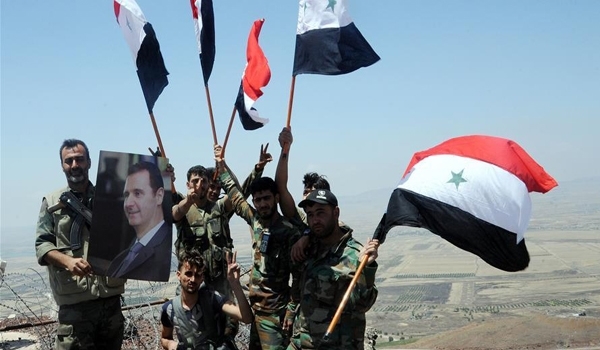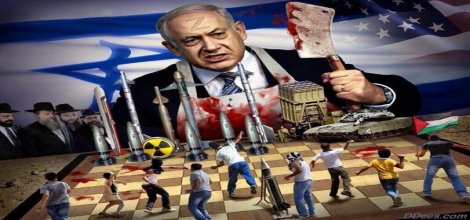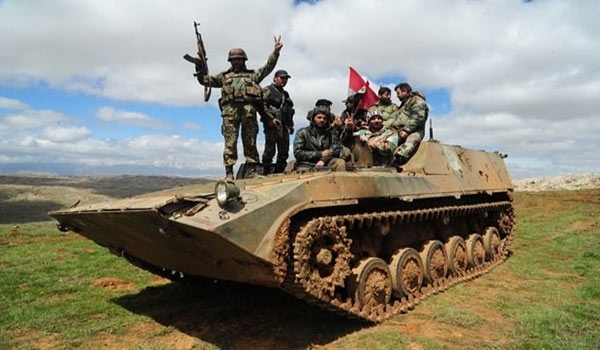LEADER OF RESISTENCE: Examining the Influence and Impact of Sayyed Nasrallah
Sayyed Hassan Nasrallah, with each address, transcends mere rhetoric, delivering speeches that resonate deeply within us. His eloquence not only conveys messages but also leaves a profound impression, encapsulating the artistry of his oratory skills.
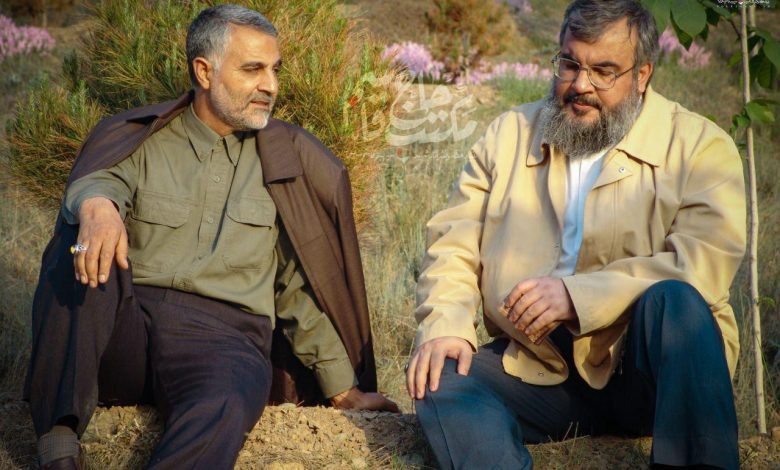
A palpable allure surrounds Sayyed Hassan Nasrallah, extending beyond his rhetoric or demeanor. His words are delivered with a serene and steady conviction, infusing a profound sense of tranquility and assurance among his audience. While adversaries have labeled him a manipulator of public opinion, observers note a leadership defined by authenticity and uniqueness rather than mere propaganda.
Nasrallah’s oratory skills are notable for their meticulous construction, potency, and compelling nature. He possesses an exceptional talent for gauging the emotional temperature of his listeners, addressing their aspirations, apprehensions, and challenges with a genuine sincerity that reverberates deeply. His discourse aims to forge connections rather than merely disseminate information, providing solace in uncertain times and determination amid adversity. Demonstrating a remarkable ability to inspire and unite, he customizes his messaging to resonate with diverse demographics, thereby securing widespread trust and loyalty.
Sayyed Hassan Nasrallah is recognized as a pivotal and magnetic figure in contemporary Arab leadership. Notably, his oratory, especially during pivotal junctures in Hezbollah’s evolution, underscores the potency of his leadership skills. His aptitude for engaging and motivating his followers arises from his distinctive rhetorical approach, emotional acumen, and steadfast assurance. By incorporating religious allusions, historical perspectives, and strategic messaging, Sayyed Nasrallah exemplifies the traits of a charismatic leader.
On May 26, 2000, Sayyed Nasrallah commenced his speech following the Israeli withdrawal from Lebanon by citing a Quranic verse from Surah Al-Qasas (28:4-6). This reference highlights the victory of the oppressed over their oppressors, drawing a parallel between Lebanon’s liberation and the enduring historical battle of the marginalized against subjugation.
In a recent address, Sayyed Nasrallah invoked a verse to frame Hezbollah’s victory within a broader, divine context. This narrative, he suggested, is one that resonates profoundly with his audience, enhancing their sense of purpose. Nasrallah further drew parallels to the historic Battle of Karbala, citing Imam Khomeini’s renowned expression, “Blood emerged victorious against the sword,” to emphasize the ideological link between the Resistance’s current struggle and the martyrdom of Imam Hussein.
This development further bolstered the perceived moral legitimacy of Hezbollah’s struggle, framing it as a just crusade for justice. The rhetoric employed resonated deeply with shared cultural and religious values, rendering his message both compelling and emotionally resonant for the audience.
During the 2006 conflict, Hezbollah leader Sayyed Hassan Nasrallah delivered a speech with calm resolve, projecting confidence amid the strife. This demeanor served to bolster the morale of his supporters while unsettling his adversaries. In his address on July 14, 2006, Nasrallah opened with a verse from the Quran, Surah Al Imraan (160:71), stating, “If Allah helps you, none can defeat you,” emphasizing faith and divine support in overcoming adversities.
The verse served to instill a profound sense of divine support and resilience among his followers, strengthening their conviction in triumph despite daunting challenges. Sayyed Nasrallah addressed the families of martyrs, recognizing their sacrifices and instilling a profound sense of pride and dignity amidst adversity. His capacity to emotionally resonate with the populace during challenging periods highlighted his charismatic leadership.
In his addresses, Sayyed Nasrallah sought to rally the Lebanese population in support of the resistance movement, framing the nation’s situation as a critical juncture. He outlined a dichotomy: either accede to Israeli pressures, risking foreign occupation, or remain steadfast, fortified by faith, resilience, and the strength of resistance.
In a display of resolute confidence, Sayyed Hassan Nasrallah reaffirmed his commitment to victory during a recent speech. Declaring, “Just as I promised you victory before, I promise you victory again,” his words served as more than a mere pledge; they encapsulated a steadfast belief in the enduring strength of the Lebanese populace and Hezbollah’s capability to achieve their goals. This assertive proclamation not only reinforced his role as a leader who inspires trust and loyalty, but also offered a beacon of hope in times of uncertainty.
In a speech following the martyrdom of Imad Mughniyeh, the former senior military commander of Hezbollah, Sayyed Hassan Nasrallah challenged the notion held by “Israel” that Mughniyeh’s death would debilitate the Resistance. Nasrallah drew parallels to the martyrdom of former Secretary General Sayyed Abbas Moussawi, emphasizing that Hezbollah emerged more resilient after his assassination.
In a resolute declaration, Sayyed Nasrallah proclaimed that the assassination of Mughniyeh would not lead to the disintegration of the Resistance, emphasizing that there has been no halt in their operations. This statement underscored Hezbollah’s resilience, suggesting that its power lies not in individual leadership but in a collective dedication to its mission. Nasrallah’s unwavering stance amidst adversity has bolstered his reputation as a leader capable of inciting both apprehension among adversaries and steadfast loyalty among supporters.
Sayyed Hassan Nasrallah has showcased notable interpersonal acumen as a leader, particularly in his ability to engage with supporters during both victorious and challenging times. His speeches reflect his skill in gauging audience emotions, channeling their sentiments, and transforming these into unified determination. Through his rhetoric, Sayyed Nasrallah exudes profound empathy, an acute sense of accountability, and a robust grasp of the emotional undercurrents that drive human actions amid conflict and adversity.
In his narrative surrounding victory, Nasrallah adopted a distinctive approach that resonated deeply with his followers. In the aftermath of Hezbollah’s successful campaign leading to the 2000 Israeli withdrawal from Lebanon, his speech was marked by exceptional modesty as he credited the victory to divine intervention. He emphasized the role of divine guidance in sustaining the Resistance, underscoring the spiritual faith that had been pivotal throughout their endeavors.
Sayyed Nasrallah’s recognition of the martyrs, encompassing both combatants and civilians, emerged as a significant component of his emotional insight. Instead of celebrating the victory as a personal or political conquest, he paid tribute to those who laid down their lives, highlighting the communal aspect of the success. By redirecting attention from external influences to the steadfastness and courage of the populace, he cultivated a sense of collective ownership among his listeners.
In his address, Sayyed Nasrallah lauded the resilience and success of the Resistance fighters, emphasizing their critical contribution to victory. By proclaiming, “You were resilient, you resisted, and you were victorious,” he not only celebrated their achievements but also aimed to embolden and fortify his followers’ resolve and commitment to their cause.
Throughout his speeches, Nasrallah showcased an adept understanding of emotional nuance, effectively tailoring his language to resonate with various audiences. In his communications with the Resistance fighters, he employed intimate terms such as “my brothers, my loves” to highlight their central role in the ongoing struggle. This not only conveyed a sense of pride but also instilled a sense of duty, urging them to perceive their mission as a noble endeavor. By doing so, he bolstered their self-assurance and reminded them of their potential to secure victory and liberation. His appeal to their pride and honor, interwoven with an acknowledgment of their vulnerabilities, underscored his sophisticated command of emotional intelligence.
Hezbollah leader Sayyed Hassan Nasrallah has cultivated a reputation for reliability, compelling even those who oppose him to heed his words. During the 2006 conflict, despite widespread devastation, Nasrallah addressed his followers with a message that resonated deeply. In a significant moment, he claimed Hezbollah had successfully hit an Israeli warship, causing its sinking and resulting in the deaths of numerous Israeli soldiers. This announcement, though subtly directed towards occupying forces and the global community, significantly uplifted the spirits of his supporters.
Sayyed Hassan Nasrallah effectively harnessed his deep understanding of the emotional landscape and strategic rhetoric to deliver resonant messages that offered hope and strengthened resolve amidst adversity. His carefully crafted words were designed to inspire his supporters while undermining the morale of his opponents. By addressing Israeli forces with the statement, “You don’t know who you are fighting – you are fighting the children of Mohammad, Ali, Hassan, and Hussain,” Nasrallah evoked a profound emotional response. He invoked a sense of spiritual and historical legacy, reinforcing the belief among his constituents that their cause remained just and unwavering in the face of oppression. His calm yet assertive delivery aimed to instill apprehension within Israeli leadership while emboldening his followers’ conviction.
A notable moment in Nasrallah’s leadership emerged following the death of Imad Mughniyeh. Rather than allowing the community to succumb to grief, he converted their mourning into a compelling call to action, galvanizing his supporters toward renewed dedication and purpose.
In a recent statement, the spokesperson emphasized the necessity of moving towards the dismantling of Israel, transforming the discourse from one centered on grievance to a narrative of empowerment. By asserting that “the blood of Imad Mughniyeh will erase them from existence,” the spokesperson cleverly utilized a poignant and emotional incident as a call to action. The use of “blood” as a symbol highlighted themes of sacrifice, resilience, and renewal, effectively galvanizing the community and fostering unity.
In a powerful display of metaphorical language, Sayyed Nasrallah invoked the image of “thousands of Mughniyehs” to convey the notion that the loss of a single martyr only amplifies and fortifies the movement’s cause. By doing so, he underscored the idea that such sacrifices make the mission broader and more impactful.
Nasrallah exhibited a profound understanding of his audience’s emotional landscape, addressing their anguish and transforming it into a catalyst for hope and action. He openly acknowledged their experiences of grief and fear, effectively channeling these sentiments into a source of collective resilience and determination. This approach enabled him to develop a leadership style defined by emotional intelligence and strategic foresight. His capacity to empathize and inspire during moments of sorrow, and to empower through the spirit of shared sacrifice, cemented his enduring legacy as a formidable leader.
Sayyed Nasrallah’s influence extends beyond political accomplishments, establishing a deep emotional connection with his followers that is poised to inspire future generations in their pursuit of resistance. His enduring legacy is marked by the loyalty and devotion he shares with his supporters, which has created a bond where individuals continue to pledge their allegiance and commitment. Sayyed Nasrallah’s steadfast leadership and unwavering support for his people have cemented his role as a revered figure, whose impact will persist through time.
On September 28, 2024, an announcement of the martyrdom of their protector and nurturer left thousands suddenly orphaned.
